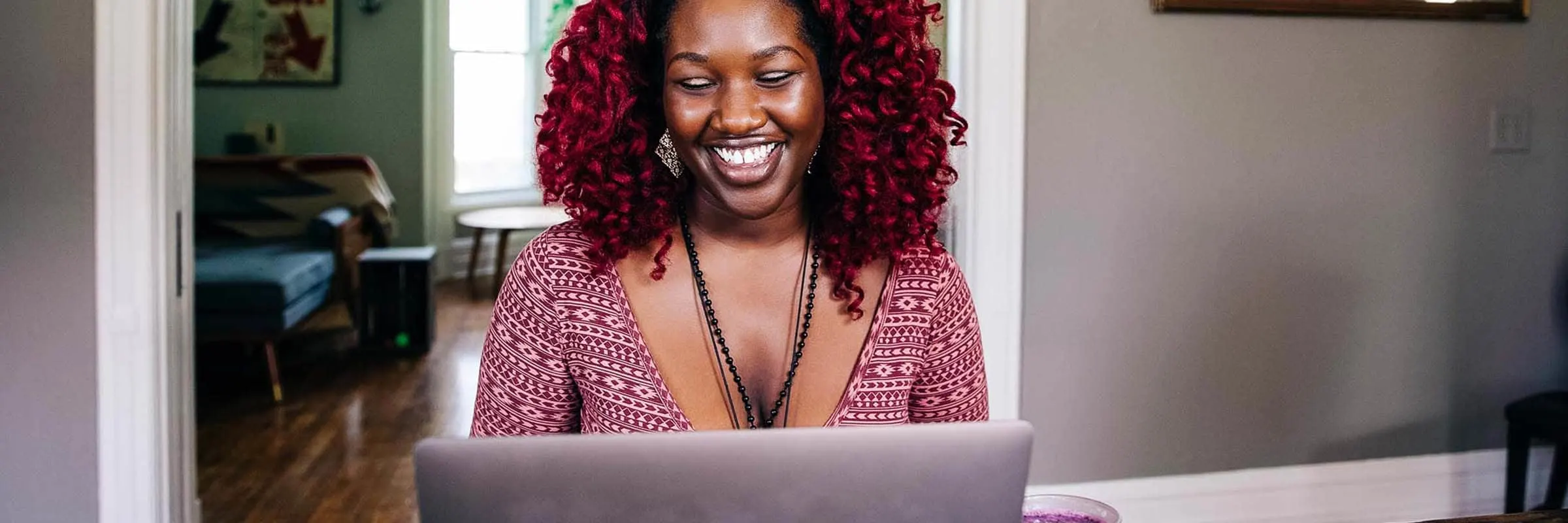If you’ve been putting in the work and are finally out of debt, congratulations! Paying off the money you owe is a great accomplishment, so your first step should be recognizing your effort. After you’ve celebrated, you might be wondering what to do next. You can try these steps to maintain your important debt-payoff progress.
1. Create a budget
Eliminating monthly debt payments creates new financial flexibility for money that was previously tied up. This means you have the opportunity to create a new budget and make use of the money that you formerly used to pay off debt or interest payments.
Establishing and sticking to a budget will also be important for making sure you don’t take on new, unnecessary debt. Knowing how much you can spend and where will help set you up for success in maintaining your new, debt-free lifestyle.
Read more: Open an account that will help keep you on track in your debt-free journey.
2. Build an emergency fund
Even the best-prepared budgets can be quickly derailed by a large, unplanned expense — and that’s exactly the kind of situation you want to prepare for when trying to dodge debt. By shifting your focus (and dollars) to building up an emergency fund, you’ll help keep life from getting in the way of your financial progress.
Don’t be discouraged if you’re starting from zero. Opening a savings account with a competitive interest rate, like the one at Ally Bank, can be a good first step, and your savings can start to grow from there. You could also link an Ally Bank Spending Account to take advantage of Round Ups, which can take the stress out of saving by automatically moving small amounts of money from your Spending Account to your Ally Bank Savings Account — and build your emergency fund faster.
Balancing safety and risk is an important part of anyone’s financial plan.
3. Pay off credit cards immediately
Credit card debt has the potential to creep up, so you may want to consider paying off your monthly card balance as quickly as you can. One method is to look at any high-interest cards, and focus on paying those balances first. You could make a plan to check on your accounts a few times a month so that your spending doesn’t catch you by surprise. If you’ve had credit card debt in the past, you can also brush up on some best practices for how to use your cards in the future.
4. Invest extra funds
When you’ve recently gotten out of debt, jumping into investing might seem a little daunting. After all, investing involves risk. But there’s no need to move all of your money into the market right away. You can get started investing with a brokerage like Ally Invest with just a few dollars. Working on your retirement fund is another way to begin investing.
Balancing safety and risk is an important part of anyone’s financial plan. Doing your own research and developing an investment portfolio that aligns with your risk tolerance and financial goals can be a helpful way to explore your appetite for risk. But if you’d like a little guidance, a financial advisor through Ally Invest Personal Advice can help.
Stay the course
You’ve already demonstrated your financial knowledge and responsibility by working your way out of debt. Remembering these steps can help you stay prepared for future financial challenges you might face while you work to remain debt-free.


